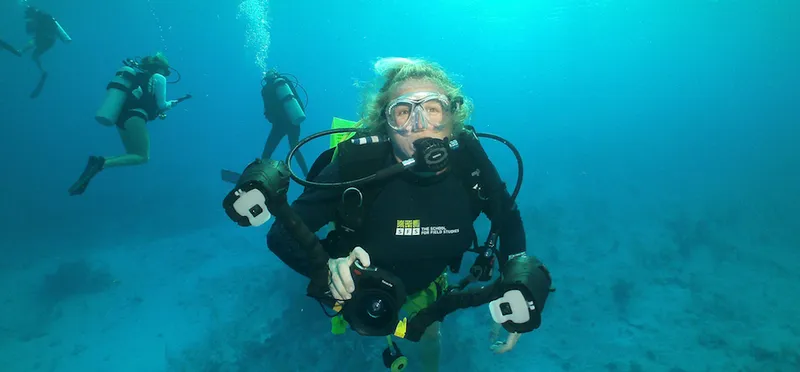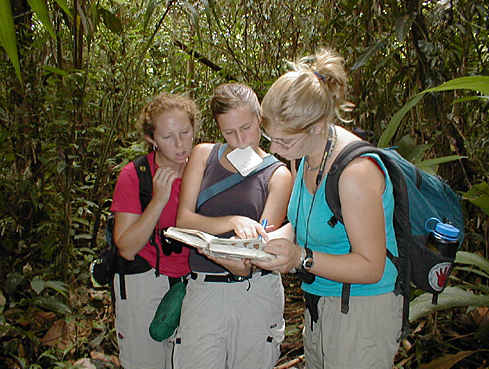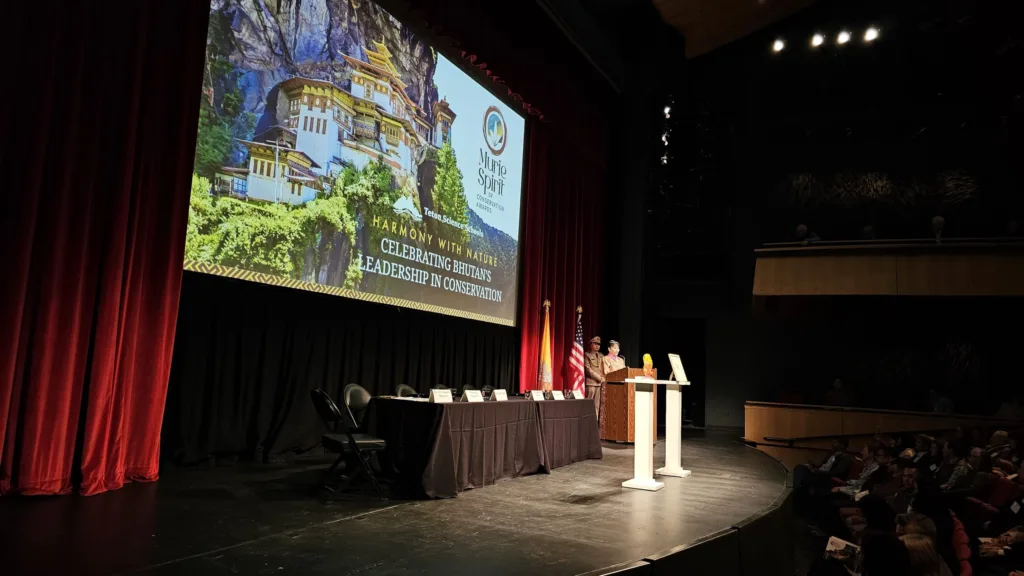
By: Heidi Hertler, PhD
Center for Sustainable Development Studies Extends Research Partnership
The SFS Center for Sustainable Development Studies in Costa Rica has maintained a collaboration agreement with the National System of Protected Areas (SINAC) since 2005. This Memorandum of Understanding (MOU) is extended every few years, and in March 2013, it was extended for the third time. Maintaining a collaboration agreement with an institution of the complexity of SINAC is not a trivial task, and requires a very serious commitment from our Center to allocate resources and address research questions to support the protection of biodiversity, improve the management of protected areas, and identify alternatives to foster good relationships between protected areas and local communities.
SINAC is composed of 11 conservation areas created in 1998, which organize the country into a conservation and natural resource management system that is unique in the world. These protected areas face serious challenges to preserve a representative and functional portion of our ecosystems, and are continuously confronted with lack of resources. Protected areas need the support of all of us, from local communities, municipalities, NGOs, the central government, research institutions and universities. We all need to collaborate to increase the knowledge on biodiversity management and biodiversity protection within protected areas.

Our Center has a long tradition of collaboration with many national parks, including Braulio Carrillo, Guayabo, Manuel Antonio, Carara, Santa Rosa, Poás, Irazú, and Cahuita, just to name a few. The Center has provided baseline information on the levels of biological diversity, ecosystem services, anthropogenic impacts on biodiversity (road noise and increased visitation), as well as monitoring visitor satisfaction, infrastructure needs, and quantifying the profile of local communities to improve the level of services provided to visitors. This agreement represents an excellent tool for identifying the research needs of protected areas, and in response, generate information where it is most urgently needed, while increasing the efficiency of data collection and the transfer of this information to the parks.
The national parks and protected areas of Costa Rica represent a unique resource in which rests the current and future quality of life of the country. We should give it the importance that it deserves, and include more stakeholders and academic institutions in the process. Few other activities are more dynamic and multidisciplinary than the management of protected areas, and as such represents a vital activity that requires the integrated effort of all sectors of Costa Rican society. We must revive the old enthusiasm with which national parks were established in the 80’s, and keep a sustained effort to understand and protect our national parks while involving local communities in the process. Only then can we ensure the consolidation of protected areas and their integration in the economic life of the country.
Related Posts

Restoration on a Cinder Cone: A Syntropic Story

Camila Rojas: Alumni Spotlight⭐
